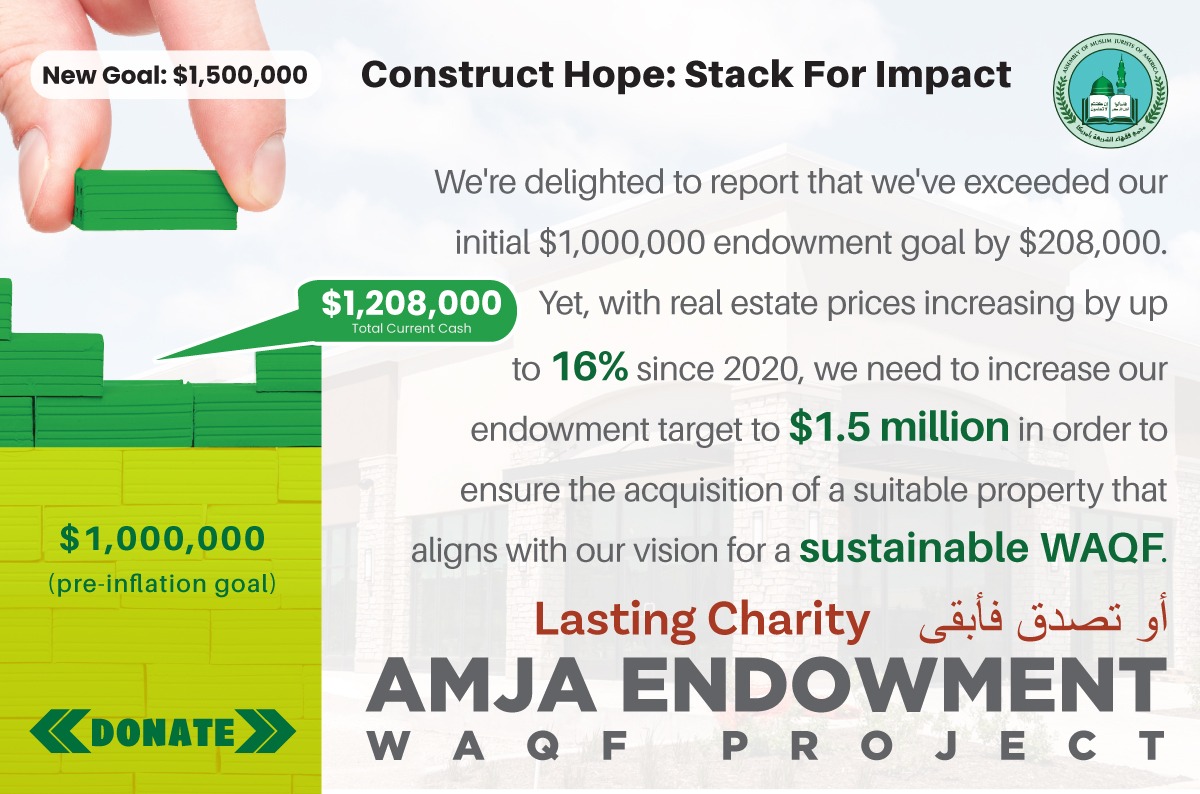One of the mistakes that I see many people intentionally and unintentionally make is when they compare the conditions of Muslims who live as minorities in the west to the Muslim minority in china, Philippines and the early Muslims who went to places like Malaysia and Indonesia.
And the reason why I think this comparison is false is mostly because back then when the Muslims went to china they did not send their kids to public schools to raise them on their behalf, and they lived together in certain villages and neighborhoods. And these two factors make for a major difference between the two groups. The dilemma that we are living in is that Islamic schools are not always available, and if they are, they are not affordable for all Muslims, and if they are, many of them are simply unsatisfactory (certainly not all of them).
Now, I will try to mention some of the pluses and minuses in each of our alternatives for schooling.
Here are some of the main problems with many Islamic schools, when they are available and affordable:
Un-Islamic behavior almost comparable to public schools in some.
No Islamic curriculum.
Bad organization.
Didactically below average, teachers are not qualified.
Facilities are below average.
On the other hand the following are the advantages of Islamic schools over home schooling and charter schools:
Not all parents are capable of home schooling their kids o Islamic schools also provide a social life for the kids within the Muslim community and that advantage is enormous.
They teach Islam and Arabic in a way many parents – and certainly all other schools – would fail to match.
They bring the Muslims together and create a sense of community Charter Schools
May be the answer to the dilemma of funds that face Islamic Schools Yet, you can’t teach Islam – and we now more than ever have to strictly abide by the rules – and you can’t also preach Islam in them, which is a huge defect. But again many supporters will say, just bringing the Muslim students together and protecting them from some of the dangers of the public school system may be enough and they may learn Islam at the masjid or elsewhere… Valid points.
Home schooling
Safest environment, no negative peer pressure and no bullying
Teacher/student ratio is 1/1-5 at the most
Parents give customized care and attention to their kids.
Home schooled kids have higher sats (scholastic achievement tests)
You make your own curriculum (for example teach Islamic history as social sciences)
There is a large variety of home schooling organizations and groups and distant learning programs that you can depend on
You make your own schedule (take Friday off do work on Saturday and Sunday)
If you travel you do not have problems even when you move oversees or if you decide to send your kids back home a few months every year
For socialization and having friends take your kids to the masjid often, you should anyway I have to admit though that it does take motivated and educated parents to take upon their shoulders such a task but if you only knew the happiness that you will have knowing that you protected your kid from a myriad of dangers then you would go for it!
If you decided to home school, I recommend to you to have your child take a standardized test on yearly basis. The wisdom behind this is to gauge your child’s progress and to find out whether you are doing a good job or not.
Besides, taking these tests is a necessity in the future when your child goes to college in-sha’a-Allah. If you live in the USA, a high SAT (Scholastic Aptitude Test) will open the doors of many universities to your child. Taking such tests requires a certain skill that requires practice and training.
Now, which one of these choices is best?
It depends on the parents and their ability to teach, and the availability and affordability of Islamic schools, and their quality, among many other factors, so you will have to do the act of balancing.
We – as a community – have to continue to build and support Islamic schools, and improve their quality.
As parents we need to invest in the education of our children, money, time and effort.





